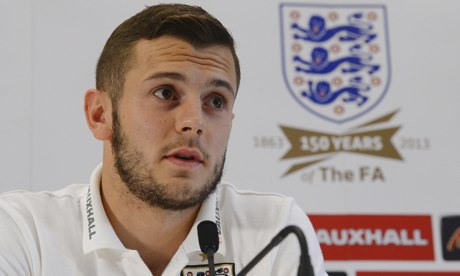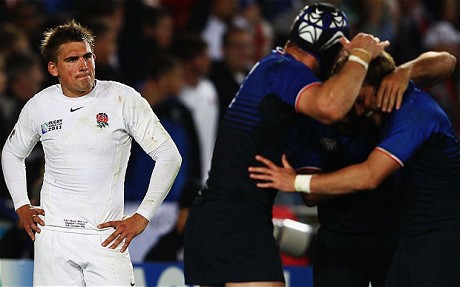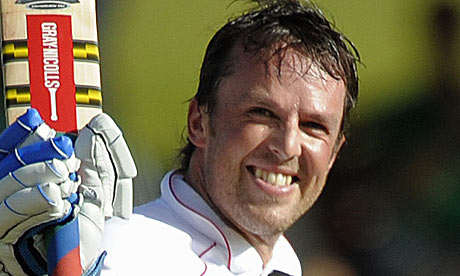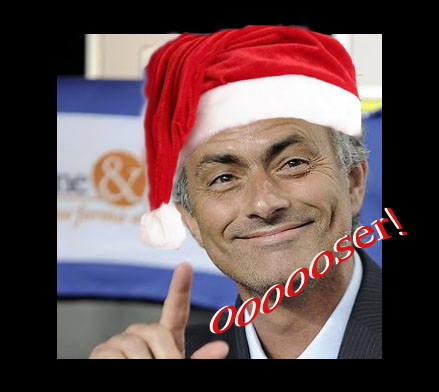 Seeking to clarify and defend his comments about why ‘foreigners’ shouldn’t be eligible to play for the England football team, which ignited mini media and Twitter storms last week, Arsenal’s Jack Wilshere was “…just saying his opinion.” Fair enough, as we live in a democracy founded on the premise of free speech.
Seeking to clarify and defend his comments about why ‘foreigners’ shouldn’t be eligible to play for the England football team, which ignited mini media and Twitter storms last week, Arsenal’s Jack Wilshere was “…just saying his opinion.” Fair enough, as we live in a democracy founded on the premise of free speech.
But Jack the Lad’s patriotic words – supported by the pre-historic football views of chest-beating, Neanderthal Match Of The Day pundit Alan Shearer – demonstrate why the England national team, English club game and England players are increasingly being left behind by other nations. And other sports in this country.
The advent of full-time time professionalism, advances in sports science, million pound TV deals, lottery funding and increased global exposure has seen sports such as cricket, cycling, rugby union, swimming and athletics flourish, delivering a steady stream of successful international teams and champions. All embracing new ideologies, avenues and ways of thinking in the pursuit of success; without sacrificing our precious national identity. Wiggins, Woodward, Wilkinson, Radcliffe, Flintoff and Addlington are as ‘English’ as they come.
And whilst nobody is pretending athletes qualifying to represent England or Great Britain purely through historical ancestry or residency are descendants of King Arthur, they are reflective of Britain’s modern day, multi-cultural society. Spawned in a large part by the length of the Old Empire’s reach abroad.
By national and international law, anyone living in the UK, amongst its citizens, contributing to its economy and wellbeing, is entitled via citizenship to choose if they want that commitment honoured. So why can’t sportsmen and women do the same?
The battlefield cry echoing through Jack’s words of “We are English. We tackle hard, are tough on the pitch and are hard to beat”, sound like nostalgic sound bytes from the 60s, 70s or even 80s. The game has moved on, whilst English attitudes have not. Identity is precious, but nature dictates evolution is necessary for survival. The alternative is extinction. A tad dramatic, but I hope you see the point.
Ironically, Wiltshire is the standard bearer for a more technically astute generation of England football players, trying to break free of the shackles of Shearer & Co.’s preferred of recipe of 4-4-2, high-tempo, crosses and bucket loads of passion.
But until the English game embraces modern attitudes towards possession, tactics and coaching, like dear old Jack, it will remain stuck in the last century.
Tags: Alan Shearer, Arsenal, England football, England Football team, England national team, England players, Football, Football Association, International sport, Jack Wilshere, Match of The Day, Premier League, Sport
 The absurd decision to award double points for Formula 1’s final race from next season is a desperate attempt to help other teams keep pace with Red Bull’s Sebastian Vettel, who has dominated F1 for the last four years. Nothing else.
The absurd decision to award double points for Formula 1’s final race from next season is a desperate attempt to help other teams keep pace with Red Bull’s Sebastian Vettel, who has dominated F1 for the last four years. Nothing else.






